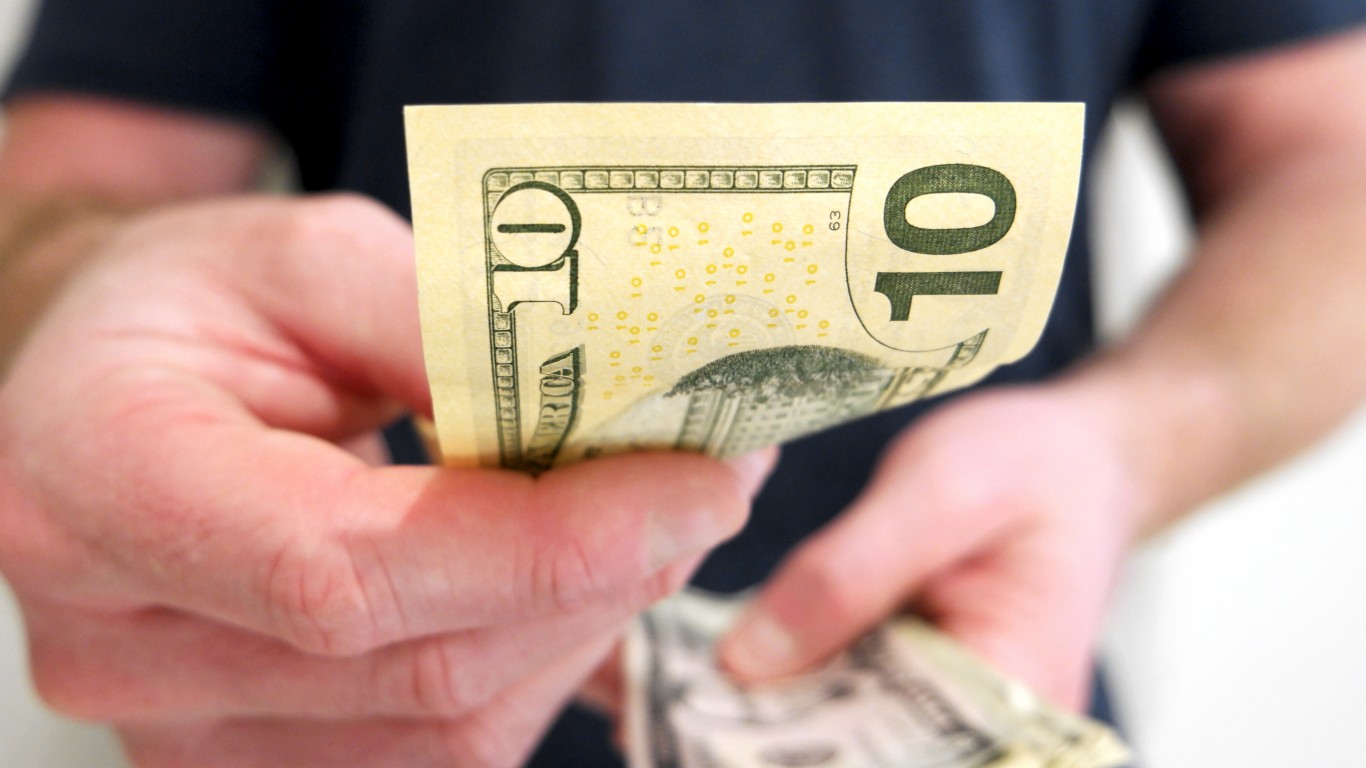
"Cheap stocks often trade at low prices for good reasons. They can signal underlying problems like weak growth, high debt, or outdated business models that investors have already priced in. Stocks under $10 carry extra risk because they often come from companies the market has rejected, especially those that once traded far higher during better times. This rejection reflects doubts about their ability to recover."
"Subscribers ticked up slightly in recent quarters, and adjusted EBITDA turned positive, fueling short-covering and retail trader buzz on social media. But at current levels, the risks outweigh any momentum . Revenue keeps sliding - down 7.8% last fiscal year - with hardware sales tanking 18% as consumers ditch pricey bikes and treadmills after the pandemic lockdown. Connected fitness demand never fully returned, leaving Peloton with excess inventory and a bloated balance sheet."
Cheap stocks frequently trade low because of fundamental problems such as weak growth, high debt, or obsolete business models that markets have priced in. Stocks below $10 pose additional risk because many represent companies that once traded much higher but lost investor confidence. Occasional bargains can emerge from broad sell-offs, yet several low-priced stocks remain cheap for valid reasons. Peloton illustrates this dynamic: the stock recovered from pandemic lows through cost cuts and narrative-driven hype, but revenue and hardware sales continue to decline. Excess inventory, more than $1.7 billion in debt, and negative free cash flow create ongoing financial risk that undermines recovery prospects.
Read at 24/7 Wall St.
Unable to calculate read time
Collection
[
|
...
]